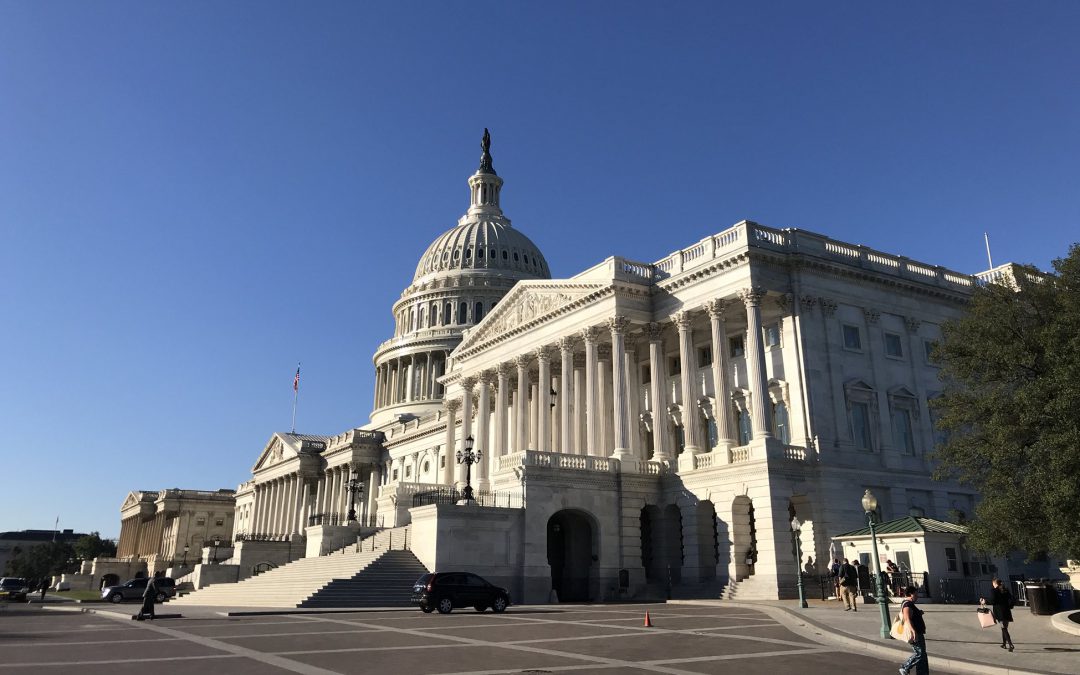WASHINGTON — There’s a lot of fear about robots replacing American workers. But are those
concerns warranted? For fishermen and casino dealers, the answer is yes. But lawyers,
especially those in Washington, are safe.
New data from the Kellogg School of Management predict how automation will affect various
jobs in different cities across the country. The findings show that specialized professions like
elementary school teachers and lawyers have only a small chance of falling prey to machines.
Whereas less specialized professions like waiters, ushers and retail salespeople are almost
guaranteed to become extinct.
The results also illustrate the varying effects of automation between big and small cities. Small
cities like Joplin, Missouri, for example, are far more likely to have a workforce replaced by
technology than a large metropolis like Chicago.
Why are small cities more susceptible to automation? Big urban areas are typically home to
workforces with more specialized skills.
“The kinds of jobs in smaller cities require a set of skills…replaceable by machines,” said Hyejin
Youn, an assistant professor of management and organization at Kellogg. Jobs that require
creativity are not as easily replaced by robots, she said.
Washington and Silicon Valley are among the top areas least likely to be hurt by automation.
D.C.’s economy, for example, is dominated by politicians, lobbyists and lawyers. Lawyers have
just a 4 percent likelihood of losing their jobs to robots, which is a stark contrast compared with
school bus drivers ,who have an 89 percent chance of being replaced.
The results also point to significant implications for the future of the middle class. White collar
work and low-wage jobs are the least likely to be affected by machines overall. Therefore,
middle-class workers will be forced to find new work on either end of the wage spectrum.
As a result of the shrinking number of middle-class jobs, there will be fewer employment
opportunities in small cities, according to Youn. People will seek work in bigger cities and
urbanization will continue to grow, she said.
Youn hopes the results can help individuals “make a better plan” about the best jobs to pursue
in the future.
“Technology is unstoppable,” she said. The key for job survival is not to “go against the
machine.” She recommends that policy makers use the information to plan ways to create
sustainable labor markets in their regions.
Curious to learn where your city or job falls on the spectrum? Click here to find out.

